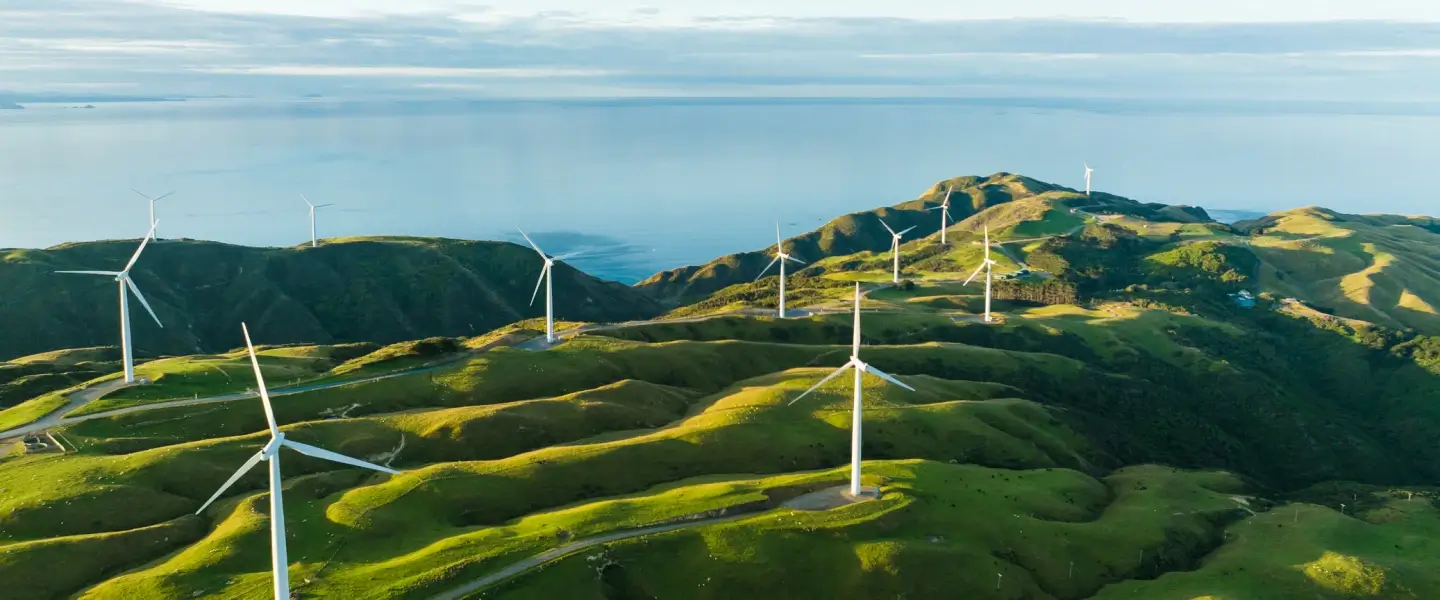To ensure we protect our natural world for future generations and a high quality of life, we promote the responsible use of resources and a circular economy. Our approach incorporates sustainable principles such as replacing high-impact materials, reusing, recycling, and reducing packaging. Our circular economy approach is supported by some of our platforms initiatives to extend product life cycles, by facilitating the trade or refurbishment of secondhand goods.
Sustainable packaging
Our approach incorporates sustainable principles such as replacing high-impact materials, reusing, recycling, and reducing packaging. Delivery platforms can also accelerate progress by scaling the sustainable use and disposal of packaging. Platforms are powerful aggregators and can contribute towards innovation in materials and solutions while encouraging consumers to be more conscious and make more responsible choices.
As part of our sustainable deliveries programme, we actively support companies within our portfolio to develop and implement sustainable packaging strategies that prevent waste and encourage the use of more sustainable materials and solutions.
Scaling sustainable packaging report
Scaling sustainable packaging in India
Redefining business models for the circular economy
An important aspect of creating a circular economy is extending the useful life of products, preventing the need to use virgin materials and to manufacture new products. Both OLX and eMAG contribute to the circular economy through distinct activities that are embedded in their core business operations.
OLX enables its customers to trade used consumer products, thereby extending their useful lives. As a result, millions of items, including clothing, laptops and televisions, are reused instead of going to waste. Consumers buying pre-owned products reduce the need to manufacture, with their shift in behaviour helping to save materials, water and reduce GHG emissions.
eMAG enables a circular economy through the following ongoing activities:
- Refurbish, repair and resell: Flip, an eMAG group company, buys, refurbishes, repairs and sells used consumer electronics like phones, laptops and smart watches.
-
Depanero repair service: Depanero, an eMAG group company, offers consumers a repair service to extend the lifespan of products. Products are restored to optimal functionality and consumers receive an efficient and cost-effective solution to continue using their devices.
Subsidiary Impact reports
OLX Impact Report Series
eMAGs Impact report
Read more




